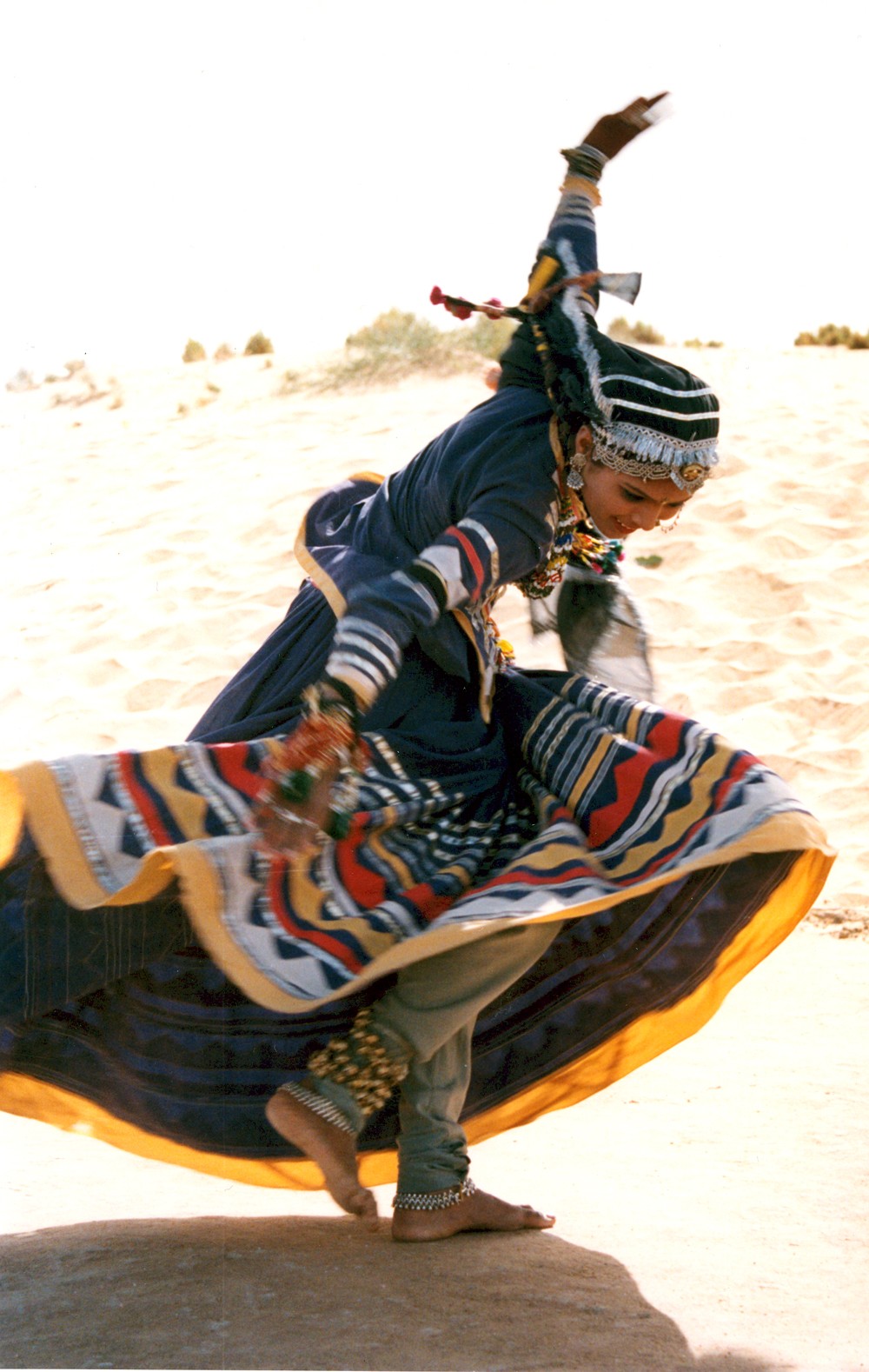EN

The documentary film festival Porto/Post/Doc returns from November 22 to 30 with a program of films, talks, and masterclasses that invite the public to reflect on Europe's role in the current world.
"Europe doesn't exist, I was there" is the theme of the 11th edition. "It's a provocation," says Dario Oliveira, the festival's artistic director. "We live in a region facing challenges such as demographic explosion, political injustices, and nearby wars. Europe is no longer what it used to be. Its economy has crumbled, and society is increasingly unjust."
To counter this movement of ‘exclusion,’ the festival aims to “create a space for reflection, where everyone can participate." The discussions before and after the films offer an opportunity to think and discuss these issues. "The impact of the images of war and violence that reach us, often trivialized by the media, instill fear and instability, especially in younger people," says Dario, adding that "it's necessary to find new ways to look at these realities and develop freer and more informed thinking."
In this edition, the festival has selected six films that explore “the roots of Europe.” Among them, a Greek film revisiting the origin of civilization and another, about the Romani people, highlighting the exclusion of gypsies in European society. With this program, the festival aims to be a place of discovery. “These are auteur films, with personal reflection, and above all, they are films that predicted in their time what Europe is now. They were visionary,” he concludes.

Dario Oliveira © Rui Meireles
Expanding horizons
Dario also emphasizes the importance of expanding the festival to the suburbs, where many of its regular viewers now live. "Our goal for the coming years is to reach these areas and continue to develop new audiences," he says, highlighting schools and universities as key to this effort. However, he acknowledges that the growing number of festivals demands constant renewal.
When asked about the significance of Porto/Post/Doc, Dario is clear: "It's a festival that Porto needed." After an initial attempt under the name "Odisseia nas Imagens" in 2001, which was interrupted due to political issues, the festival was reborn with the support of the current mayor, Rui Moreira, and Paulo Cunha e Silva, finally allowing “the freedom of thought and action” that define it.
The festival's focus is clear: documentary films are at the heart of the program, although there is also room for fiction and experimental cinema. Moreover, Porto/Post/Doc is not limited to film screenings. For three days, it hosts around 200 professionals from the film industry, including producers, distributors, and exhibitors, creating vital opportunities for new Portuguese cinema.

Latcho Drom, documentary by Tony Gatlif © DR
Destaques da programação
A 11.ª edição do festival arranca com o filme Apocalipse nos Trópicos, da realizadora brasileira Petra Costa, que aborda o impacto das religiões evangélicas na política do Brasil. Dario considera este filme especialmente relevante, alertando para os perigos de grupos religiosos organizados que estão a ganhar influência também em Portugal. "É um filme necessário e um excelente ponto de partida para a viagem que faremos pela Europa."
Dentre os filmes destacados por Dario, estão também A Paixão de Joana D'Arc, de Carl Dreyer, com acompanhamento musical ao vivo pelo compositor Alex FX, e Latcho Drom, um documentário de Tony Gatlif sobre a jornada do povo romani desde o Rajastão até Espanha. "É um filme musical que todos deviam ver", recomenda Dario.
The festival's focus is clear: documentary films are at the heart of the program, although there is also room for fiction and experimental cinema. Moreover, Porto/Post/Doc is not limited to film screenings. For three days, it hosts around 200 professionals from the film industry, including producers, distributors, and exhibitors, creating vital opportunities for new Portuguese cinema.
Looking to the future
Dario reflects on the growing distance of younger audiences from cinema, especially documentary films, and the importance of educating them to appreciate this art form. "Resistance to cinema often results from a lack of awareness and guidance, but when we bring young people into the cinema, the reaction is magical," he says.
The festival has a strong educational component, which is reflected in this year's program. “It’s a way for us to reach younger audiences, allowing them to see themselves in the mirror and understand what it’s like to grow up in another country, to watch documentary stories, such as a film made at the border of Ukraine with Russia. This type of engagement with the lives of young people in different places is a way to educate for respect for diversity and integration. That is what Europe is about.”
Regarding the future of the festival, Dario is optimistic. "In the next 10 years, we will need to adapt, but documentary cinema will continue to be essential in providing a contemporary perspective on the world."
From November 22 to 30, Batalha Centro de Cinema, Passos Manuel, Planetário do Porto, and Casa Comum will host this edition of the festival. All programming details can be found at portopostdoc.com.
by Maria Bastos
Share
FB
X
WA
LINK
Relacionados


